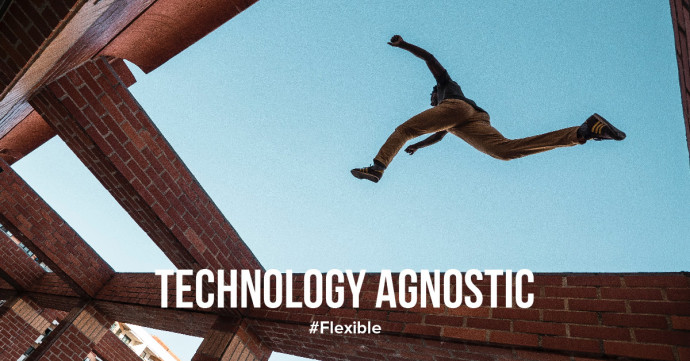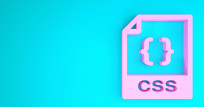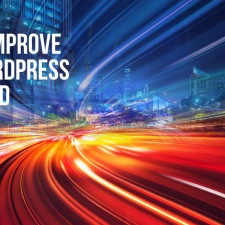Technology agnostic
An agnostic is someone who has no specific religion. Technology agnostic means that software developers do not prefer specific technology. For each solution, the developers are free to use the most appropriate technological solution.
Due to the complexity of systems, applications, and touchpoints with customers, there is no longer a one size fits all solution. No matter how hard software vendors shout from the rooftops that they have the ideal solution. It does not exist.

Never use a single vendor
If you're having a house built, it's normal to buy your kitchen from the kitchen supplier and your sofa from the furniture store. Why? Because a contractor is not a kitchen specialist and certainly does not know anything about sofas.
That's also the way it works with software development. The supplier of platform technology knows too little about social media and SEO to be a specialist. By developing on the basis of technology agnostic you choose the right supplier and technology for each solution.
WordPress and technology agnostic
Wordpress is one of the most widely used development tools for small or start-up companies. Thanks to the open-source plugins it looks like you can use WordPress to develop technology agnostic based. For each application and solution, you can find a plugin that has been developed by a third - often specialist - party.
Appearances can be deceptive here. The choice for Wordpress and similar development tools is basically a choice for technology and a type of plugins. Many of these plugins are not made by specialists at all, but by hobbyists who enjoyed developing something.
By becoming genuinely free in your choice of technology you can take full advantage of the technological innovation that is going on. This requires a lot more research to find suitable partners, but in the end results are much better.
What is the advantage of being flexible in technology?
Technological innovation goes faster than we humans can keep up with. Even a simple site or platform requires a high degree of expertise in a variety of fields. And each discipline innovates at a lightning-fast pace. Think, for example:
- Logistics
- Stock management
- Content management
- Social media
- Affiliate programs
- POS (Point of Sale) applications and hardware
- Interface design
- User interaction
- Brand experience
- App development
- And so on...
And all these sub-areas have specific sub-areas that require expertise. A Facebook specialist often knows little about YouTube and someone who knows a lot about stock management does not know the ins and outs of content management.
The competitor is always one step ahead of you
You can settle for technology that is readily available. That's the same as asking your contractor to design, build, and decorate your sofa. You'll certainly get something you can sit on, but whether you really get what you want is the question.
The competition doesn't sit still. In every area where you should excel, the competitor is one step ahead of you. Only by using the latest and most suitable technology based on technology agnostic you can stay ahead of the competition.
Developing on the basis of technology agnostic architecture
Once your platform, site, or app is up and running, you'd like to finish developing and investing. Unfortunately, the reality is always the opposite. This is when it all begins. Technological innovation continues and you have to keep up with it.
That requires an architecture that is flexible enough to further develop in specific areas. If a new social media platform becomes popular tomorrow, you don't want the core of your platform, site, or app to be modified. That takes too long and is too expensive.
By fragmenting the architecture, it is easier to make adjustments in subareas that are currently in need. That you use software solutions and data in the cloud is of course beyond dispute.
Author Bio: Ben Steenstra is Co-founder of TheONE and writes on various topics such as SEO, Technology, Strategy, Marketing, and Communication. Because of his Neuro-Semantics background, he also writes about Coaching and mental disorders.
-
Csaba MagyarFull stack web devFree
-
John SixiSoftware Engineer€ 0,05 pm
-
Harrie van der LubbeCreative DeveloperFree
-
Anton ShebukovSoftware Engineer€ 0,25 pm
-
Konstantinos ChatziangelidisSoftware Engineer€ 0,33 pm
-
Takalani TK MushungwaStudying engineering€ 0,18 pm














